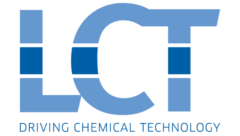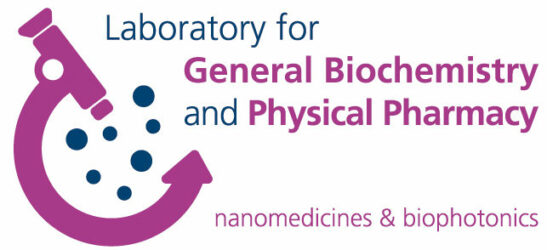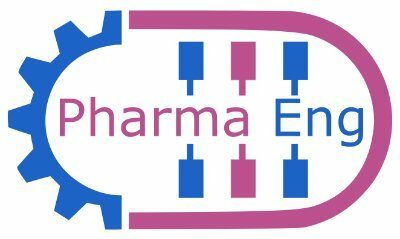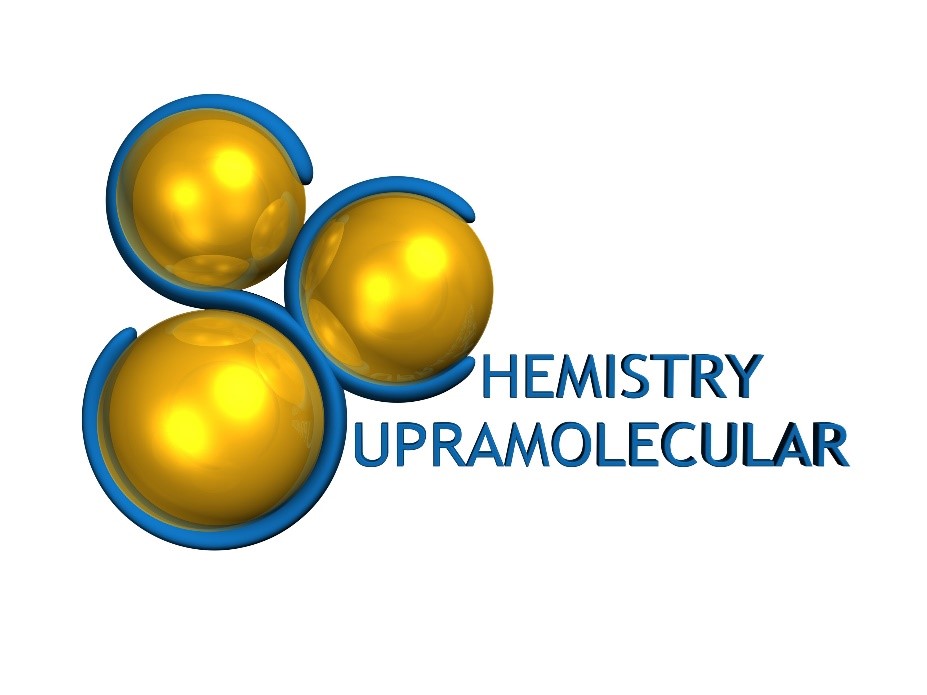The Synthesis, Bioresources and Bioorganic Chemistry (SynBioC) Research Group is active in the broad field of organic synthesis with projects ranging from the synthesis of new bioactive compounds for applications in the medicinal and the agrochemical field, the isolation and study of natural products, the use and chemical modification of renewable resources, to the implementation of green chemistry, microreactor technology and photo chemistry.
Within the framework of organic and bioorganic chemistry, the following research lines are elaborated:
- The chemistry of small-ring azaheterocycles: This research involves the study of regio- and stereoselective ring transformations of constrained (phosphonylated) azaheterocycles such as aziridines, azetidines and beta-lactams. Next to the fundamental aspect of designing and evaluating new synthetic methods, the application of these techniques is also employed for the construction of a broad variety of heterocyclic target compounds with biological interest (diversity-oriented approach).
- Synthesis of bioactive substances: Several projects are focused on the synthesis of specific classes of natural product analogues (e.g. curcuminoids, quorum sensing signaling compounds) and other new compounds associated with certain biological activities (target-directed approach). Examples include the synthesis of anticancer agents, antibiotics, antimalarials, analgetics, HDAC-inhibitors, crop protection products,…
- Green chemistry and renewable resources: Renewable chemicals and materials are currently a hot topic in research and industry. The depletion of fossil resources and the exhaust of greenhouse gases force us to think about alternative sources for the chemical industry and the energy sector..Our research group focuses on the modification of non-fossil resources towards renewable chemicals, such as the modicification of biopolymers (inulin, chitosan), the use of 10-undecenoic acid (derived from castor oil) and the production of biofuels and renewable fuel additives.
- Microreactor technology: Microreactor technology (MRT) provides a number of specific advantages compared to batch processes: it is often more selective and efficient, has a better mass and heat transfer capacity, consumes often less reagents and solvents, has good safety features and allows to work with very reactive and/or toxic reagents. The SynBioC research group is active in the application of microreactor technology for multicomponent reactions, reactions using dangerous reagents, fotochemical and low temperature reactions.













